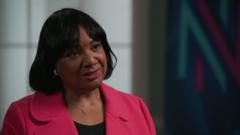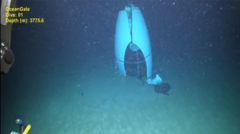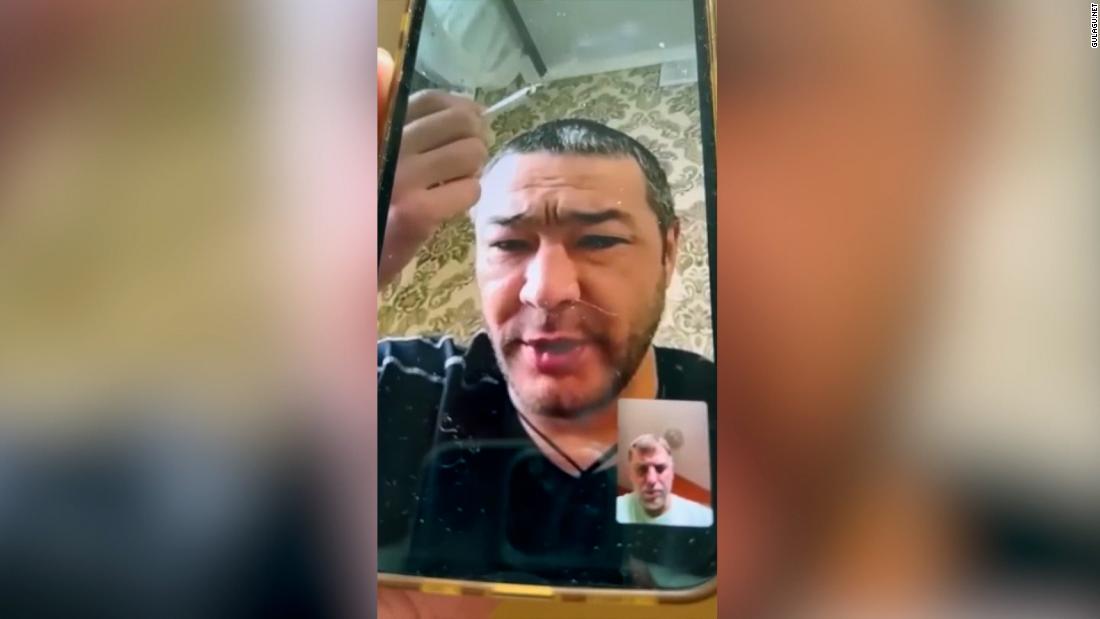Chief of Naval Operations Adm. Lisa Franchetti was treated successfully for early-stage breast cancer this summer, the service revealed Friday.
Franchetti, the Navy’s highest-ranking military officer, discovered she had stage 1 breast cancer during a routine mammogram in late June. She then underwent outpatient surgery in July at Walter Reed National Military Medical Center, followed by radiation therapy.
During her surgery, she temporarily transferred power to her vice chief of naval operations.
Franchetti also began maintenance endocrine therapy this month, with the Navy now declaring her cancer-free.
Franchetti becomes the second senior Pentagon official to announce a cancer diagnosis this year following Defense Secretary Lloyd Austin’s admission that he was hospitalized in January due to complications from prostate cancer treatment.
Austin drew intense criticism for his lack of transparency on his condition, not notifying President Biden or top defense officials of his diagnosis or surgery he underwent in December until much later.
After complications from his surgery arose on New Year's Day, Austin was hospitalized. But it was not until Jan. 4 that he notified the White House or his deputy, who was on leave in Puerto Rico.
A defense official told The Associated Press that when she was diagnosed in June, Franchetti notified Austin, Joint Chiefs of Staff Chairman Gen. CQ Brown Jr., Navy Secretary Carlos Del Toro, and others in her chain of command as to her condition. She notified them again during her July surgery.
Biden nominated Franchetti to serve as the first female chief of naval operations in 2023.
Franchetti, a surface warfare officer, has commanded at all levels. She headed the U.S. 6th Fleet and U.S. Naval Forces Korea. She was the second woman ever to be promoted to four-star admiral and she did multiple deployments, including as commander of a naval destroyer and two stints as aircraft carrier strike group commander.
In a statement, Franchetti said she was grateful for the excellent care and doctors at Walter Reed and felt “blessed that this was detected early and will forever be an advocate for early and routine screening.”















 English (US) ·
English (US) ·